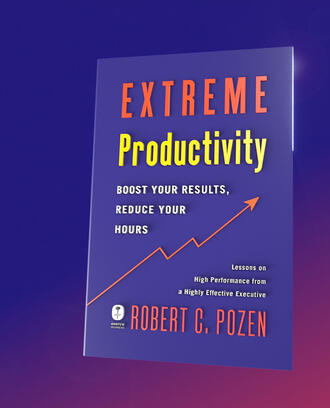CAMBRIDGE, Mass., July 16, 2018––It’s become an often-repeated belief: Readers fall for fake news because they want to believe stories that align with their own ideology—no matter how outrageous. Because of this view, as a society we’ve come to believe Fake News has soiled public debate irretrievably.But a new study forthcoming in Cognition , undertaken by MIT Sloan School of Management associate professor David Rand and his colleague Gordon Pennycook, assistant professor at Hill-Levene School of Business at the University of Regina, challenges this prevalent view and provides a new way to view this problem.
In the study 3,446 participants were presented with actual news stories from Facebook and asked how accurate the headlines were. The results were surprising.
“Our study suggests that falling for fake news is a symptom of cognitive laziness rather than motivated reasoning or self-deception,” says Rand. “That is, contrary to popular belief, it is not the case that people are thinking too much about the wrong things. Rather, a little thinking might go a long way to fix the problem of fake news.”
The study finds that people who engage in more analytic thinking, as measured by the Cognitive Reflection Test, are better at discerning true from false – regardless of whether they have a motivation or political bias to believe the headlines. In fact, readers are actually better at telling fake from real news when the content fits with their political philosophy. This suggests that the problem of fake news is not intractable.
In addition to upsetting the typical narrative about fake news, these results have major implications for how to fight its prevalence. “One of the reasons this study is so important is that it suggests a whole new set of solutions,” says Rand.
If the spread of fake news were to be attributable to partisan bias and motivated reasoning, interventions would need to be directed toward the difficult task of decreasing partisanship and its influence on news outlets on the right and left.
However, if a lack of reasoning and cognitive laziness are the actual culprits, simple nudges that facilitate thinking may have a substantial positive impact. For example, by making accuracy top-of-mind, or getting people to slow down while consuming content online.
Overall, these results paint a more optimistic picture about fake news than what most people currently believe. Beating misinformation isn’t a lost cause. It might just require a little extra thinking and attention.
David Rand is Associate Professor of Management Science and Brain and Cognitive Sciences at the MIT Sloan School of Management.



